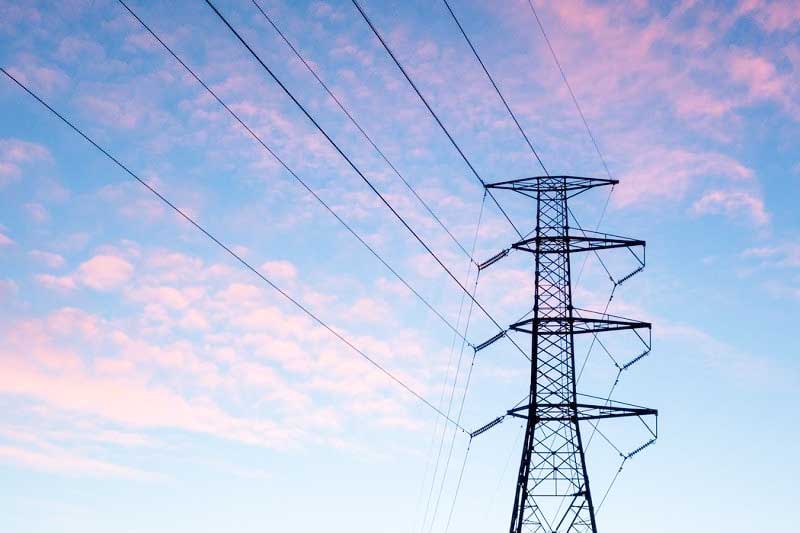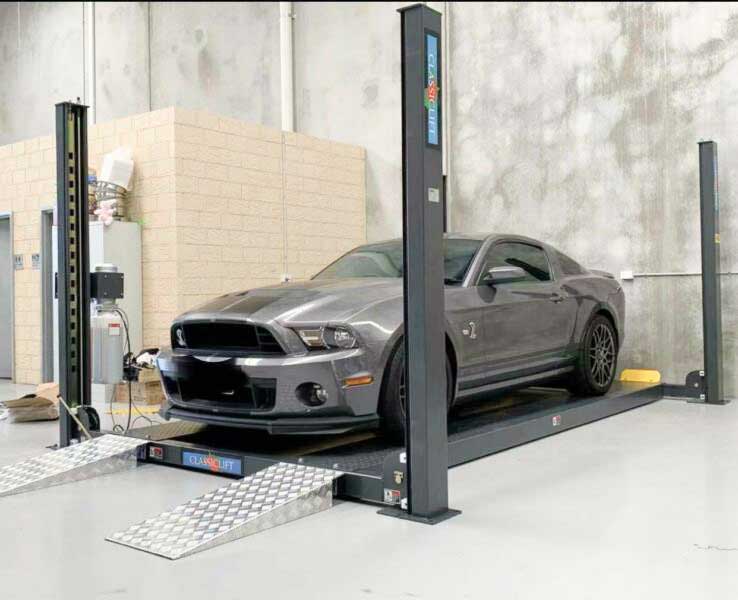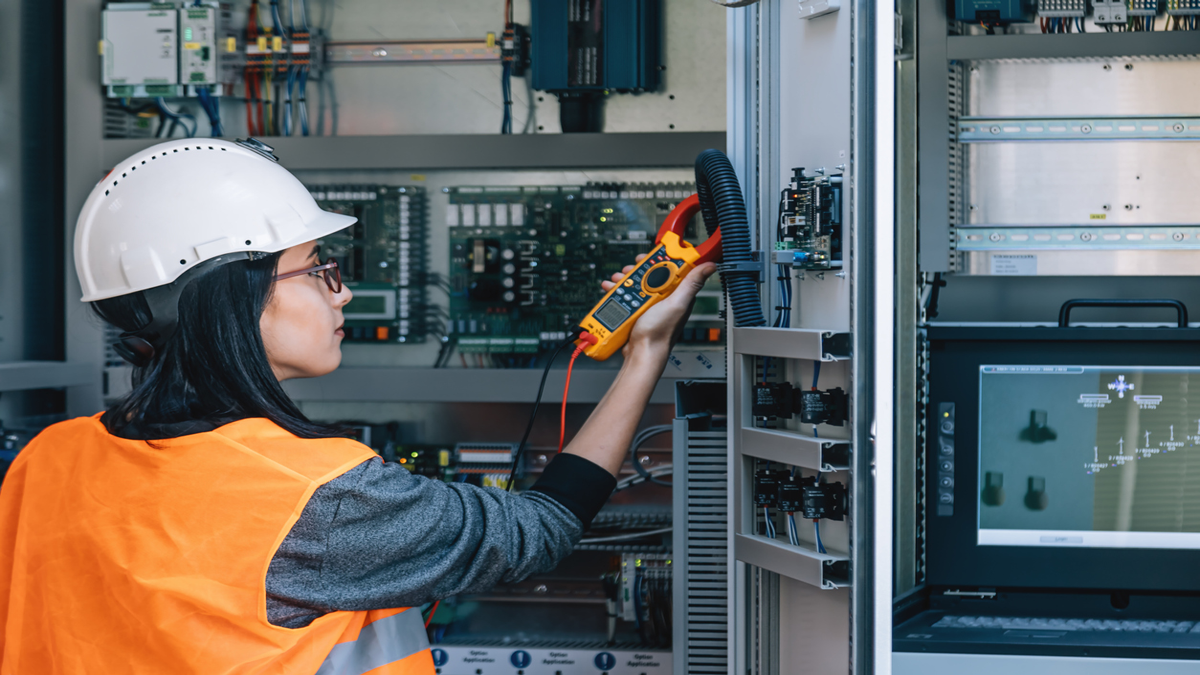When renting warehouse space for your business, one of the crucial decisions you’ll face is choosing the right type of power supply. Two common options are three-phase power and single-phase power. Each has its own advantages and considerations, and selecting the appropriate power type can significantly impact your operations and costs. In this blog post, we’ll explore the differences between three-phase and single-phase power and provide guidance on how to choose the correct power type for your business needs.
Understanding Three-Phase Power:
Three-phase power is a type of electrical power distribution that utilizes three alternating currents. It is commonly used in industrial settings, including warehouses, factories, and large commercial buildings. Three-phase power offers several advantages over single-phase power, including:
- Higher Power Capacity: Three-phase power provides a higher power capacity compared to single-phase power. This makes it ideal for powering heavy machinery, large equipment, and industrial-grade appliances commonly found in warehouse environments.
- Balanced Loads: With three-phase power, the electrical loads are distributed evenly across the three phases, resulting in smoother operation and reduced voltage fluctuations. This ensures more stable and reliable performance, especially for sensitive equipment.
- Efficiency: Three-phase power systems are more efficient than single-phase systems, particularly for larger industrial applications. They require less copper wiring and generate less heat, resulting in lower energy losses and reduced operating costs over time.

Understanding Single-Phase Power:
Single-phase power is a simpler form of electrical power distribution that utilizes a single alternating current. It is commonly used in residential buildings, small businesses, and light commercial applications. While single-phase power may be sufficient for certain warehouse operations, it has limitations compared to three-phase power, including:
- Lower Power Capacity: Single-phase power has a lower power capacity compared to three-phase power, making it less suitable for powering heavy machinery and large industrial equipment. It may not be adequate for high-demand applications or facilities with extensive power requirements.
- Unbalanced Loads: In single-phase power systems, electrical loads are typically unbalanced, leading to uneven distribution of power and increased voltage fluctuations. This can result in reduced efficiency and potential issues with equipment performance and reliability.
- Limited Applications: Single-phase power is generally more suitable for smaller-scale operations and light-duty applications. It may not be sufficient for powering certain types of machinery or equipment commonly found in industrial warehouse settings.

How to Choose the Correct Power Type:
When choosing between three-phase and single-phase power for your warehouse space, consider the following factors:
- Power Requirements: Evaluate the power requirements of your business operations, including the types of machinery, equipment, and appliances that need to be powered. If you have heavy-duty machinery or high-power equipment, three-phase power may be necessary to meet your needs.
- Future Growth: Consider your future expansion plans and whether your power requirements may increase over time. Opting for three-phase power from the outset can provide greater flexibility and accommodate future growth without the need for costly upgrades or modifications.
- Cost Considerations: Compare the installation and operating costs of three-phase and single-phase power systems, including equipment, wiring, and ongoing energy expenses. While three-phase power may require a higher initial investment, it can offer long-term cost savings and operational efficiencies.
- Consultation with Experts: Seek advice from electrical contractors, engineers, or commercial real estate professionals with expertise in warehouse power systems. They can assess your specific needs, evaluate the available power options, and recommend the most suitable solution for your business.
In conclusion, choosing the correct power type for your warehouse space is a critical decision that can impact the efficiency, reliability, and cost-effectiveness of your operations. By understanding the differences between three-phase and single-phase power systems and considering factors such as power requirements, future growth, cost considerations, and expert consultation, you can make an informed decision that meets the needs of your business now and in the future. Whether you’re renting office space, retail space, or industrial warehouse space, selecting the right power type is essential for maximizing productivity and success.
